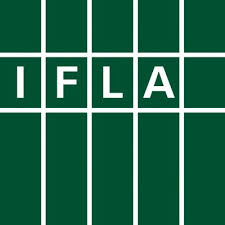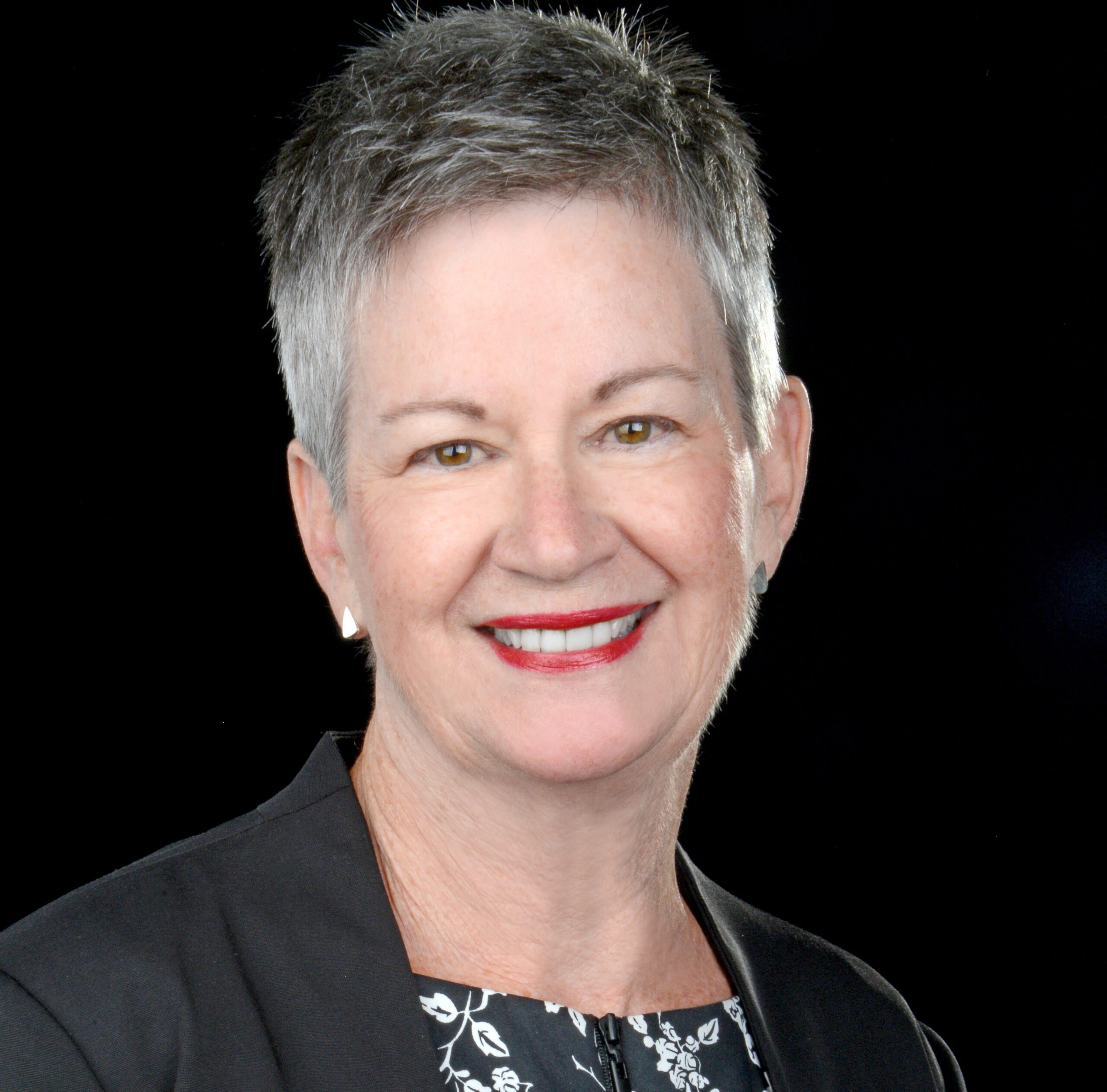IFLA: World Library and Information Congress- Day 2 Highlights!
Libraries in the broadband ecosystem: gearing up for IFLA WLIC 2021

The past 20 months have required libraries around the world to not only find ways to deliver their services remotely when possible – but also to reflect on their broader roles in the digital ecosystem.
Libraries themselves are constantly looking to do more not only with digital tools, but also to ensure that their communities enjoy the possibilities that they bring.
The best way to do this is when libraries are fully integrated into official government strategies around broadband. IFLA has played a leading role in carrying out research into the ways in which this happens around the world.
IFLA Professional Unit Awards at IFLA WLIC 2021
IFLA’s Unit-driven awards and the Dynamic Unit and Impact Awards for 2020 and 2021 were awarded at today’s WLIC Unit Awards Session.
The IFLA Academic and Research Libraries Section, with generous sponsorship from SAGE Publishing, has awarded attendance grants to four, first-time WLIC attendees:
Andrew Ojulong, Uganda
Nessel Noé, Argentina
Gianina Angela Celine O. Cabanilla, Philippines
Andrea Doyle, Brazil
IFLA Statement on Afghanistan

Christine Mackenzie IFLA President

Gerald Leitner IFLA Secretary General
IFLA, along with the rest of the world, has been watching closely the events taking place at this moment in Afghanistan, and their impact on communities and the libraries, library staff and collections that serve them.
In a statement released today, IFLA underlines the importance of protecting and upholding human rights for all, including to education, access to information, freedom of expression and opinion, and cultural rights.
In particular, IFLA stresses the need to guarantee cultural rights, and to protect the people who defend them, enabling them to carry out their missions in safety. Similarly, there is a need for attention to the risk of trafficking of documentary heritage, which can be particularly vulnerable.
Finally, IFLA honours the people who are risking their lives to protect heritage, for the benefit of Afghans, today and in the future.
Promise or Problem? Algorithmic systems and libraries
Both within and outside of the library field, artificial intelligence and algorithmic systems offer tantalising opportunities for innovation. At the same time, mounting concerns around equity, fairness, transparency and privacy call for careful reflection and caution.
The session organised by FAIFE for this year’s WLIC examined what this means for libraries, and for their role in an algorithmic society.
Speakers from within and outside of the library field offered several different perspectives on these questions. One dimension is the way AI applications are built – particularly, how ethical considerations can shape and guide their development process. A second dimension is the societal impact of the rollout of AI systems. A third is the evolving policy approaches seeking to mitigate these.
These provide a framework for thinking about how libraries can make a positive impact – from awareness-raising, to building privacy into libraries’ relationship with third parties aiming to leverage algorithmic tools, to responsible innovation within libraries themselves.
Innovating and Inspiring!
|
Our keynote sessions on Day 2 of WLIC focused on fields often seen as far apart, but which in reality have much in common, not least the importance of the role of libraries – technical innovation, and arts and culture. The World Intellectual Property Organization, whose Director General Daren Tang officially launched the Libraries Innovate track of our Congress, plays a leading role in international efforts to drive the development of new products and services. |
|
 |
|
|
|
|
|
|
|
Meanwhile, Professor Karima Bennoune, UN Special Rapporteur on Cultural Rights, led the libraries inspire track, focusing on the role of libraries in fostering creativity and cultural participation for all. Both stressed the essential role of libraries in safeguarding works that can support future creativity, providing a source of both information and inspiration. In doing so, they also encouraged libraries to be practice in ensuring that the benefits of their work and services were felt as widely as possible, making sure that innovation and cultural participation alike could be truly equitable. Finally, they looked forward to continuing engagement with IFLA, at all levels, to realise the potential of libraries. |
|
 |
|
Keynote Speaker
|
